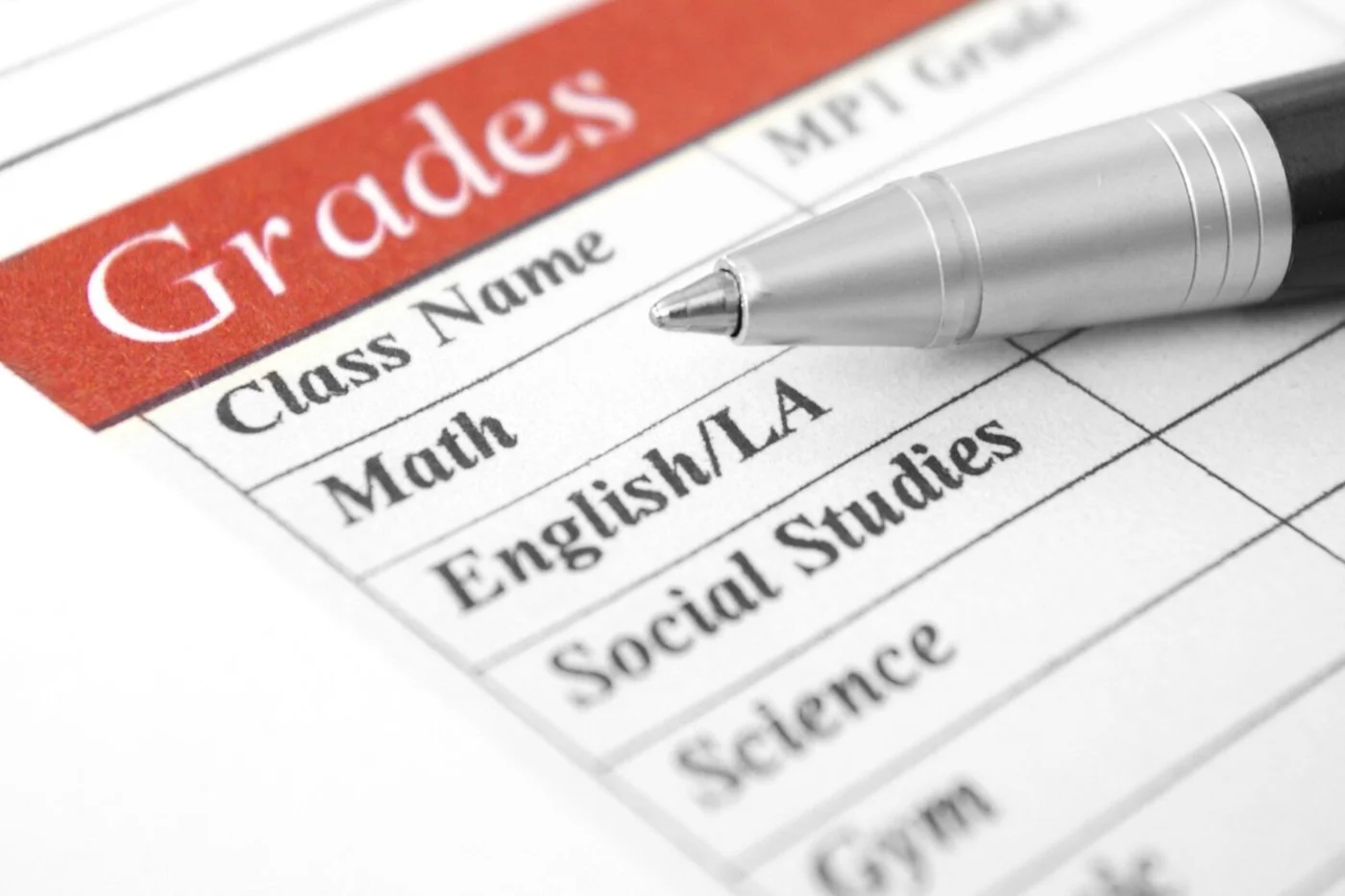Prepping Your High School Transcript
Once your homeschool highschooler begins applying to attend college, university or trade schools, a transcript will become a necessity.
The transcript is a recorded document of the coursework and grades your child received over the course of their high school years. It gets submitted along with your child's college applications and homeschool portfolio.
What Courses Should the Transcript Include?
As a homeschooler, you have the flexibility to organize and categorize your child's transcript how you like. It can be by subject, which shows a child's progression over time, or by year. The way you choose to present information in their transcript is at your discretion and should be how it best highlights their work over the years. Any type of high school level coursework your child has completed can be recorded in a transcript including:
Academic coursework (at home, with a cooperative, online, or with a tutor)
Enrichment coursework
Extracurricular coursework
Learning Experiences
Any high school level courses taken in earlier years (7th or 8th grade)
Standardized test scores such as SAT or ACT
With that said, many institutions (and their majors) have specific guidelines about the kinds of courses they want to see from homeschooled applicants to ensure that their education was up to par with what most high school children in schools receive. In New Jersey, the minimum course requirements for high schoolers include the following:
English Language Arts (4 years)
Mathematics (3 years)
Science (3 years)
Social Studies/ History (3 years)
Financial Literacy (2.5 credits)
Health, Safety and Physical Ed (3 years)
Visual and Performing Arts (1 year)
World Languages (1 year)
21st Century Life and Careers (1 year)
It's important that you do the research on the schools your child is applying to so that they can complete the coursework they need in order to be fairly considered. Also be sure to include the College Board Code for Homeschoolers on your transcript!
Assigning Grades and Credits
Grades (weighted and unweighted) are a letter/point values assigned for specific courses based on how well your child performed in that course.
As a homeschooling parent, you have a front row seat to your child's education, efforts and progress, making you the best person to determine how your child is doing in their coursework. You can design your own rubric and assign your child the grades you believe they deserve.
If your child is taking courses with an outside institution, you can ask the instructor of those courses to provide you with a grade and certificate of completion for transcript purposes.
Credits are number values assigned to reflect the amount of time that a child spent on a specific course or category of courses. You will need to include the course credits along with the course grades.
Most states assign 1 credit for each year-long course and .5 credits for each semester-long course. A 12-week course can count as .25 credits. However, in the State of New Jersey, a one-year course is worth 5 credits and a semester course is worth 2.5 credits. You can choose which credit system to use, but whichever one you pick, make sure to use it consistently for all of your child's high school coursework so that their transcript is calculated according to the same scale. We recommend using the 1 credit scale for ease and convenience when calculating their GPA.
Weighted vs Unweighted Grades
Weighted Grades are additional credits that get added to course work that is considered to be at a higher level than normal high school course work giving them recognition in your child's transcript. These include:
Honors classes
AP (advanced Placement classes)
College Courses
Unweighted grades are any regular high school courses your child completes that don't receive any additional weight on a transcript as a higher-level weighted course would.
Weighted grades reflect more nuance because they take into consideration the difficulty level of the courses your child participated in.
If your child is aiming to enter an Ivy League or other highly selective school, providing both unweighted and weighted grades will likely be the better route, so they know the coursework taken was more rigorous. If not, using unweighted grades will suffice.

